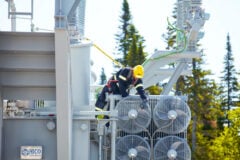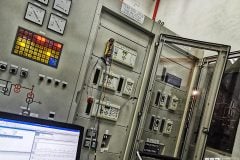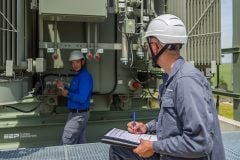Comparison to dry type transformers
To many industrial and commercial organisations dry type transformers are seen to be advantageous compared with oil filled units. They avoid the perceived fire risk of oil filled transformers and can thus be accommodated inside a building or even on the roof of an office block.
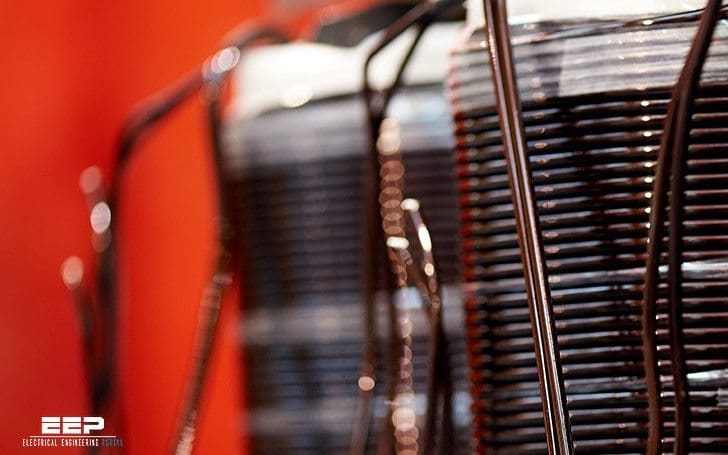
Savings can be made on LV connections by installing the transformer integral with 415V switchgear.
There is no need to house the transformers in bunded enclosures or make any other provision for spillage as would be the case if a transformer filled with any type of liquid dielectric were installed.
All of these advantages as well as the apparent benefits of low maintenance and high reliability are energetically marketed by manufacturers and cast-resin insulated dry types, in particular, are being installed in increasingly large quantities.
Architects, in particular, may be very conscious of the benefits arising from the installation of dry type transformers without having to live with the running costs and the potential user would do well to recognise this and examine available options with great care.
KVA for kVA a dry type transformer will always be larger than its oil filled counterpart. This is because larger electrical clearances are required when air is part of the insulation system.
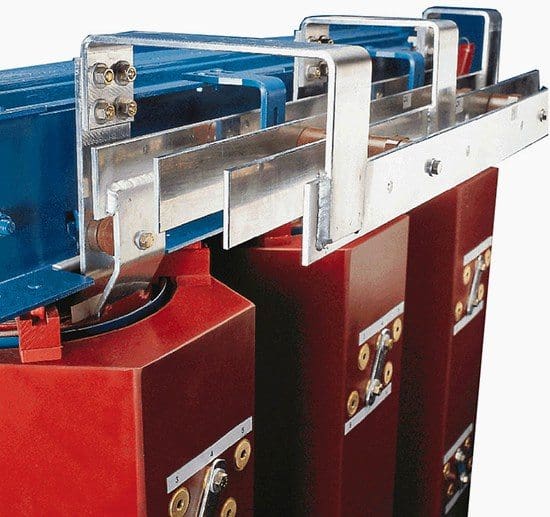

In addition air is less efficient than oil as a cooling medium, so that, although a higher temperature rise is usually permitted, larger cooling ducts will be required. Increased size means greater no-load loss and, because the transformer runs hotter, winding resistance will be increased, thus increasing I2R losses too.
All of this is regardless of the class of dry type transformer used. In addition cast resin transformers often use aluminium as a winding material because its coefficient of thermal expansion is closer to that of resin and this provides a better quality of encapsulation. This in turn leads to bulkier windings which have still higher losses.
Finally, of course, the additional burden placed on ventilation plant by the imposition of transformer losses must not be overlooked.
Reference // Electrical Energy Efficiency by Copper Development Association


